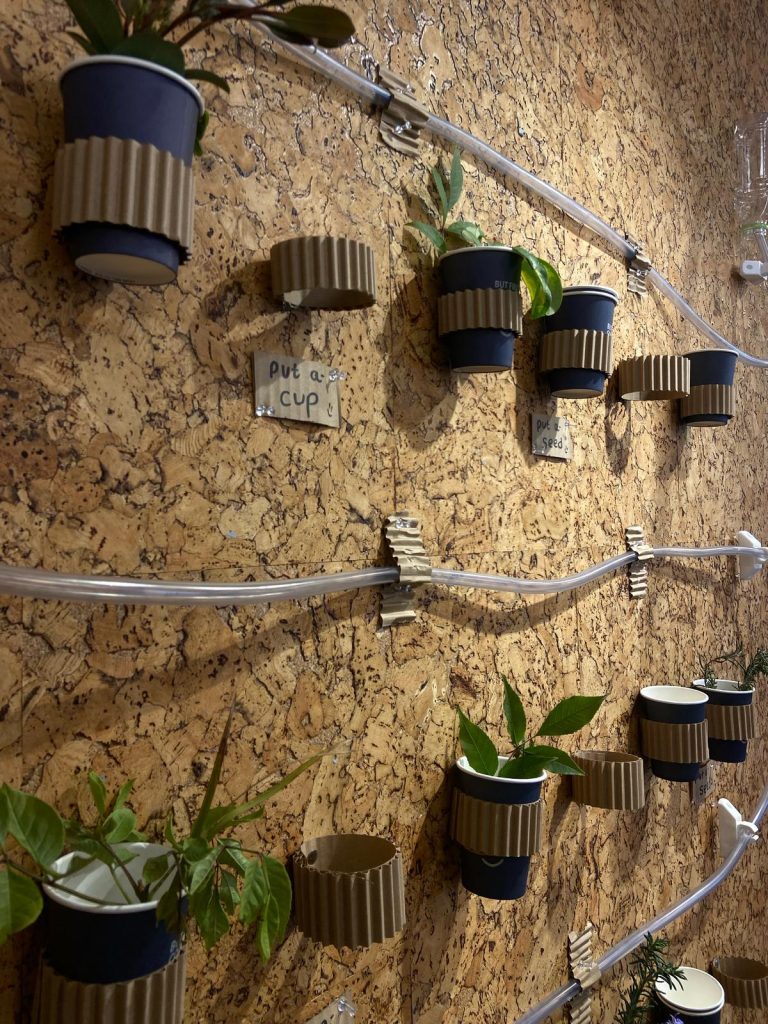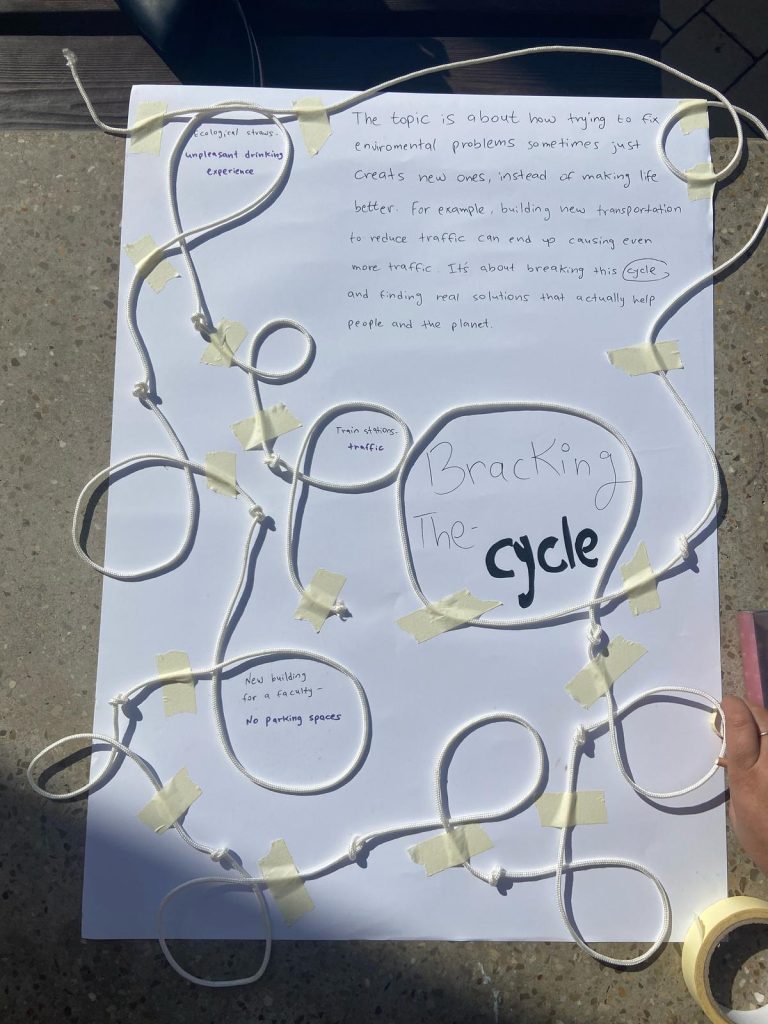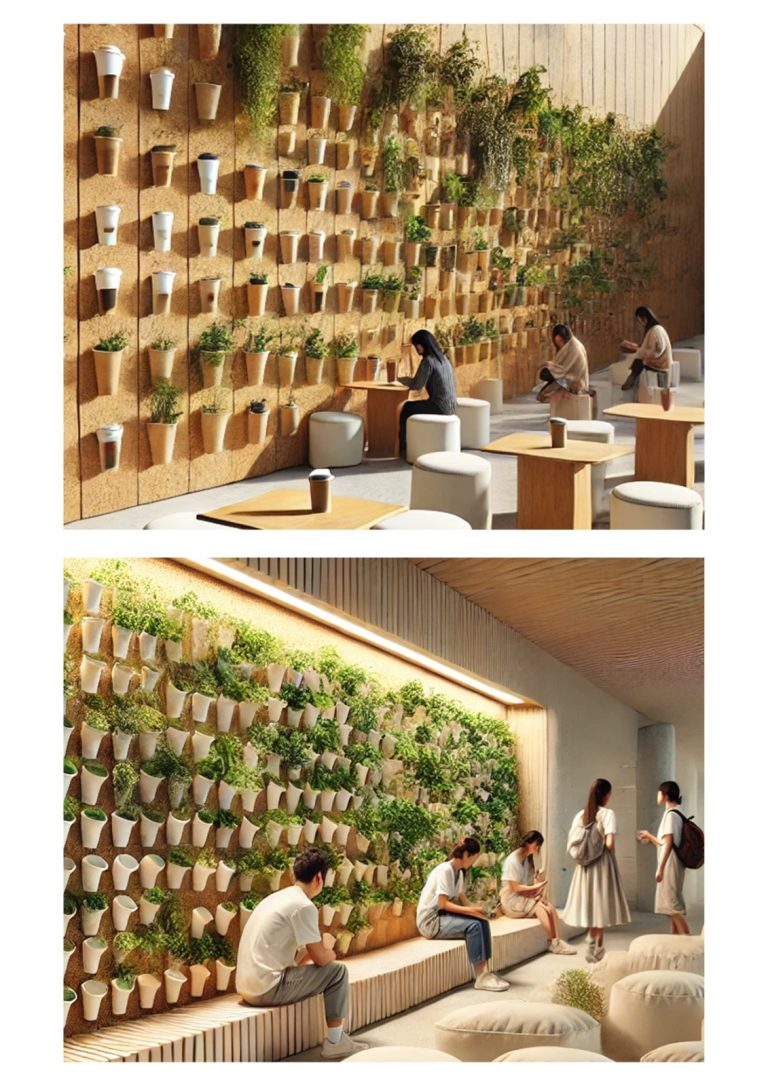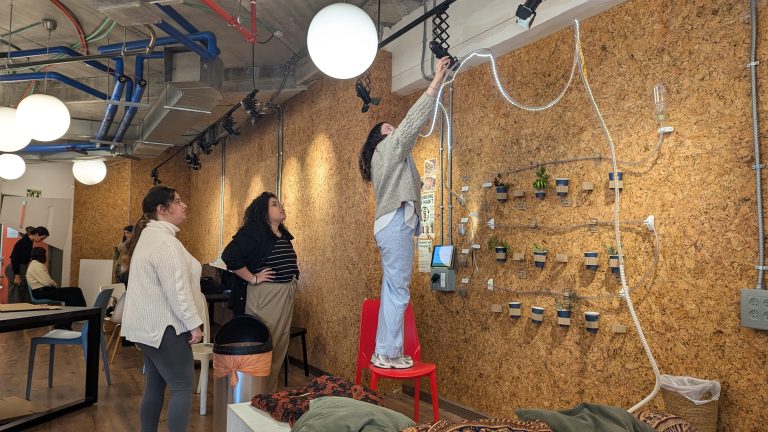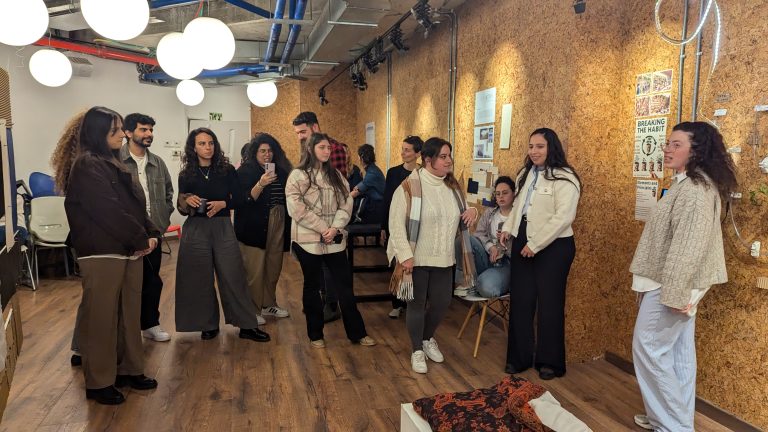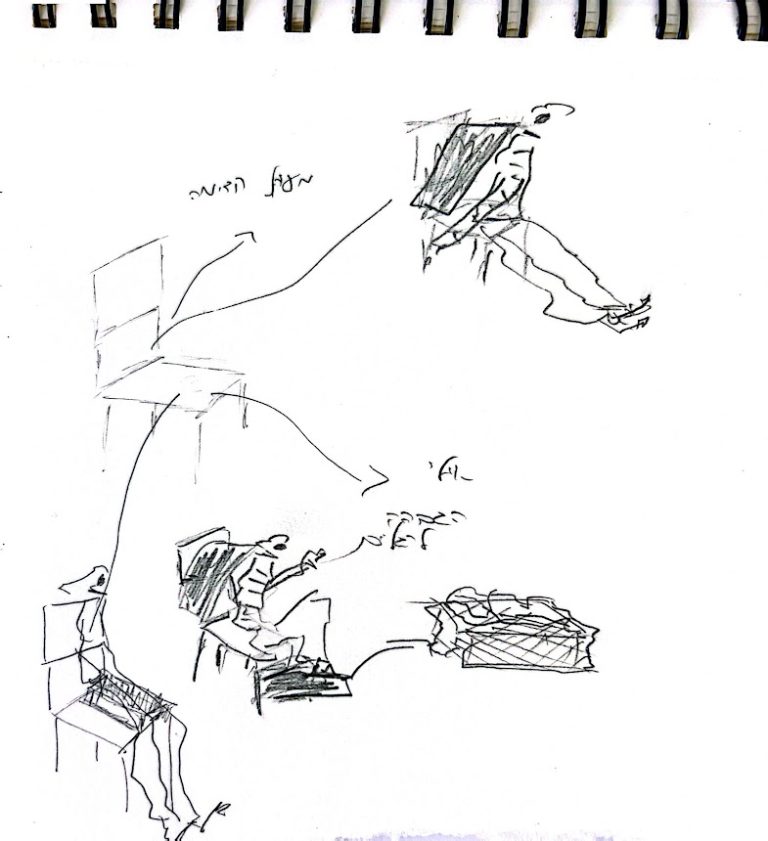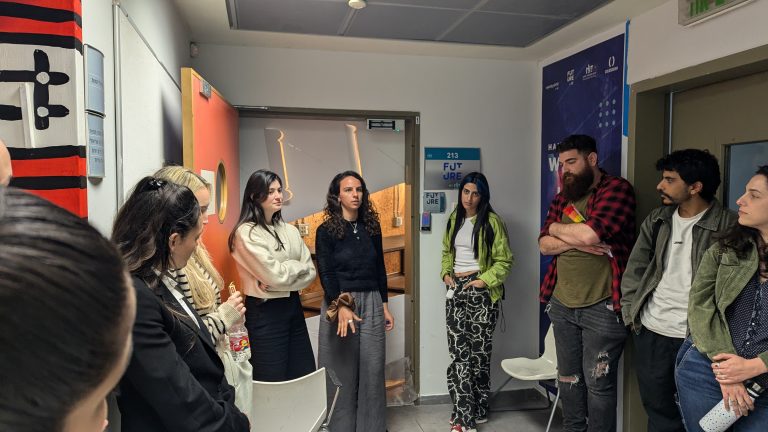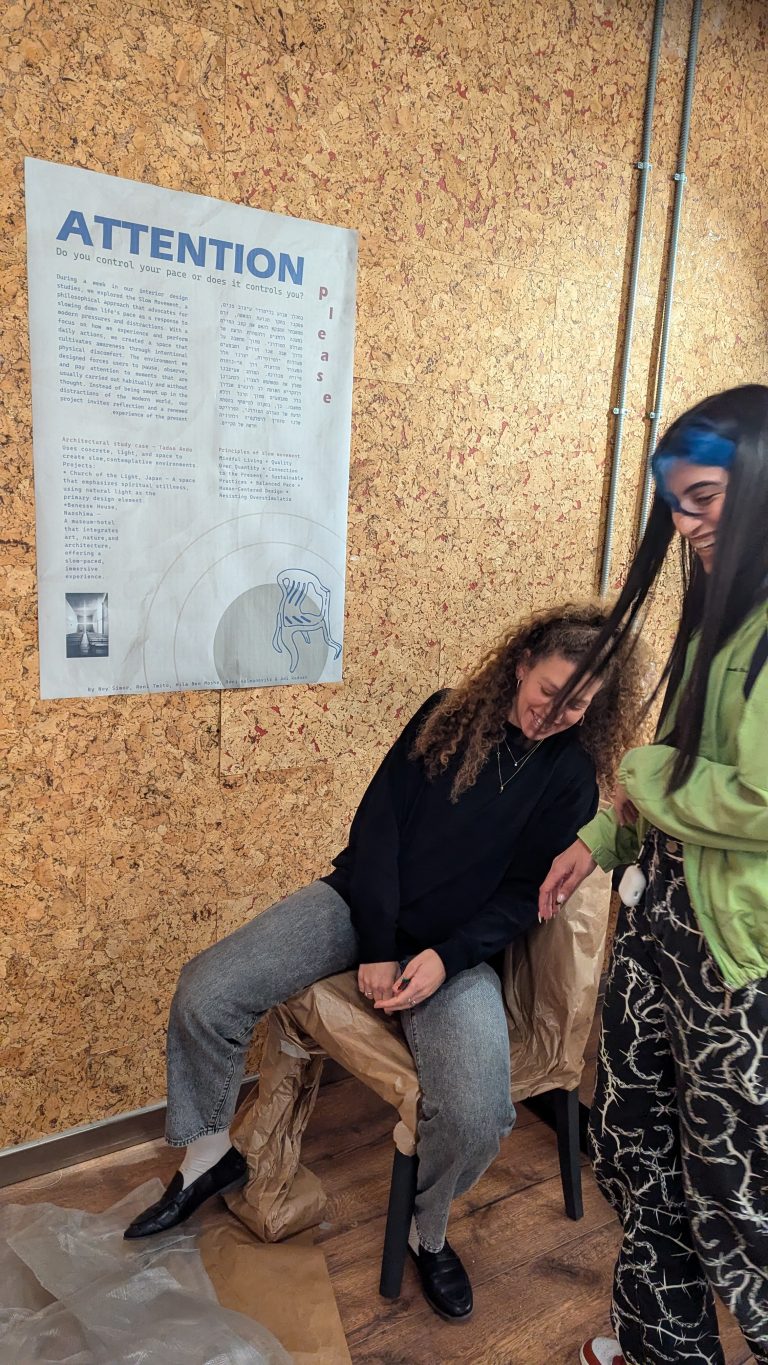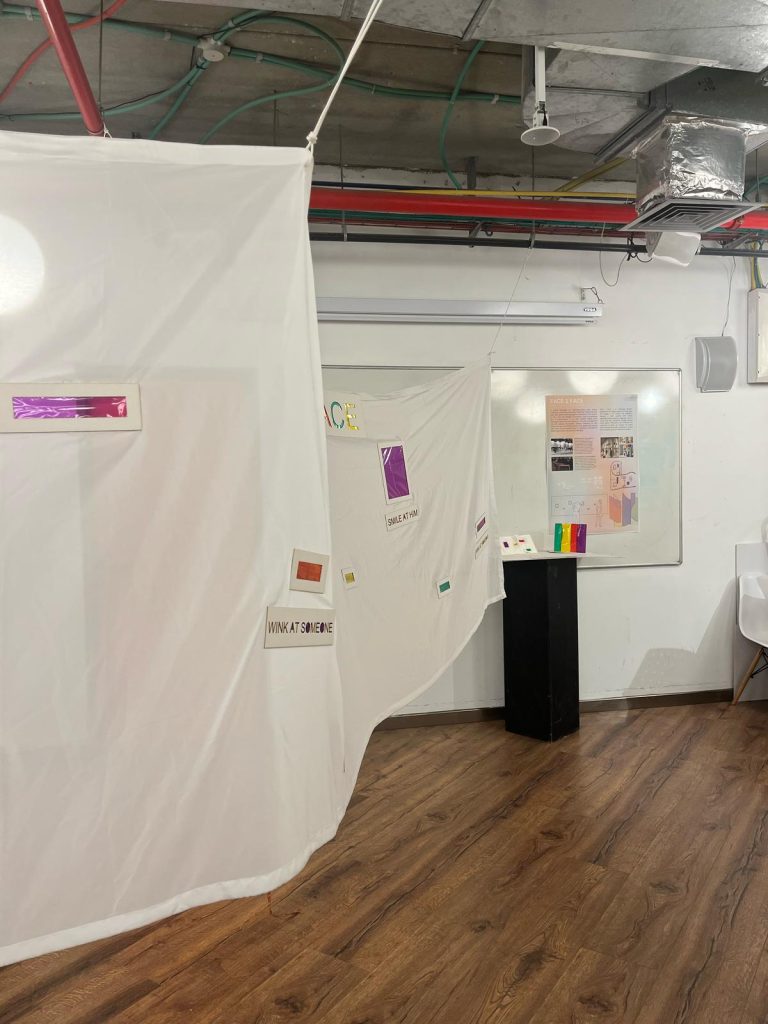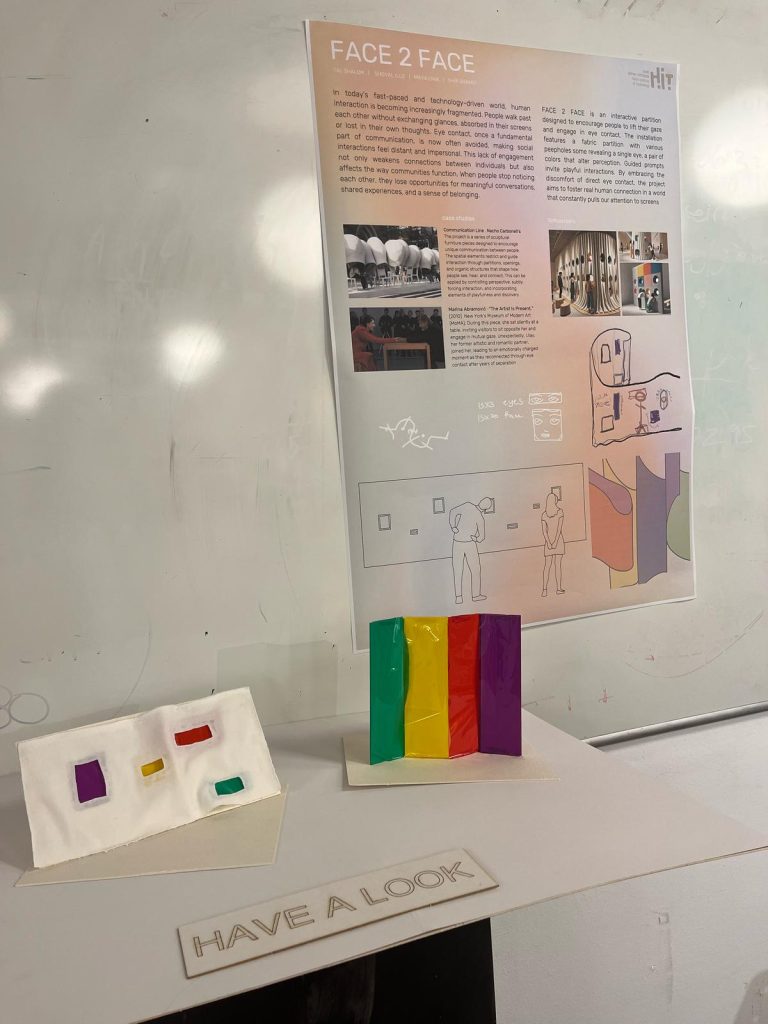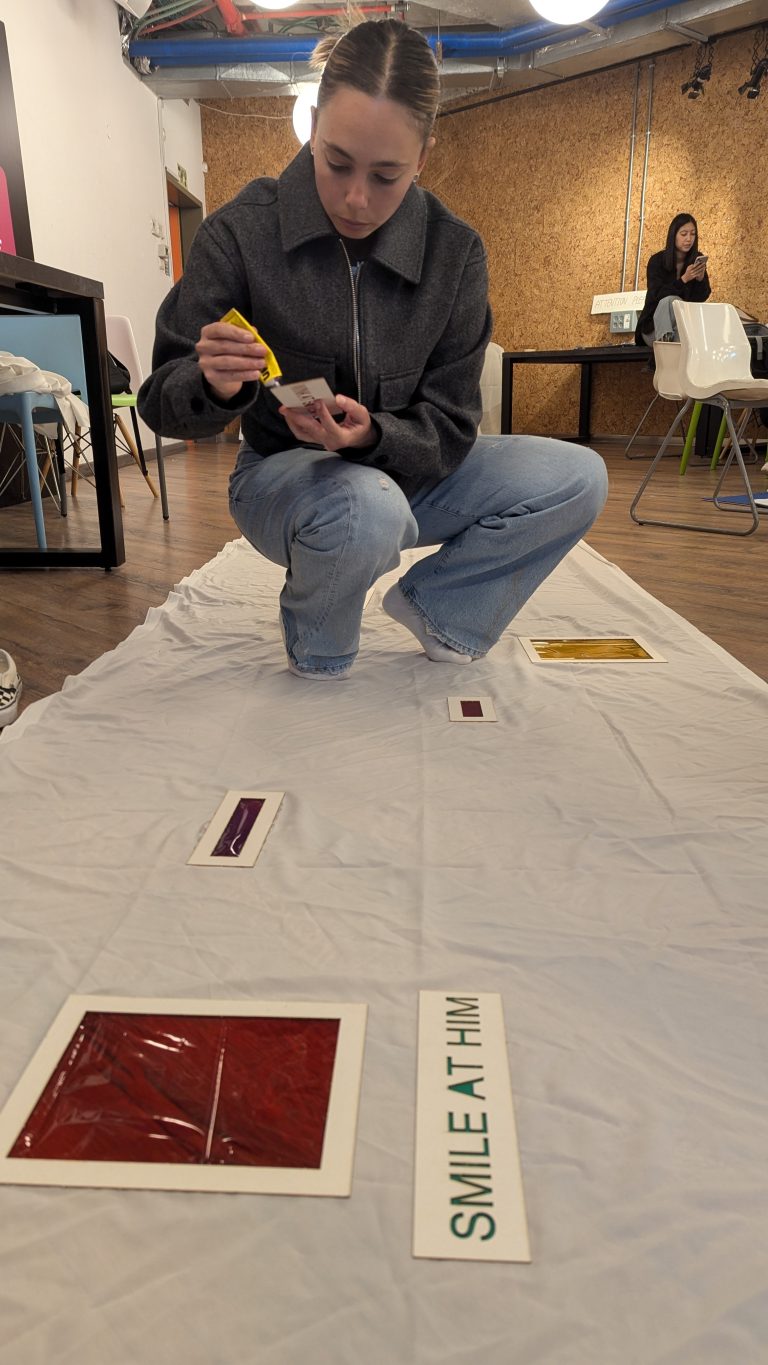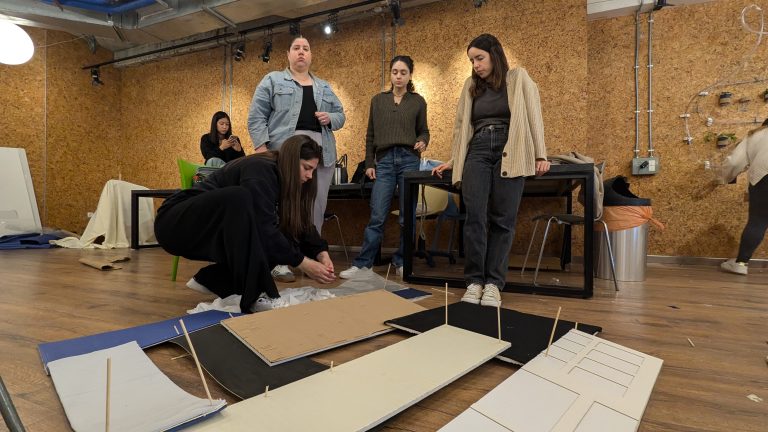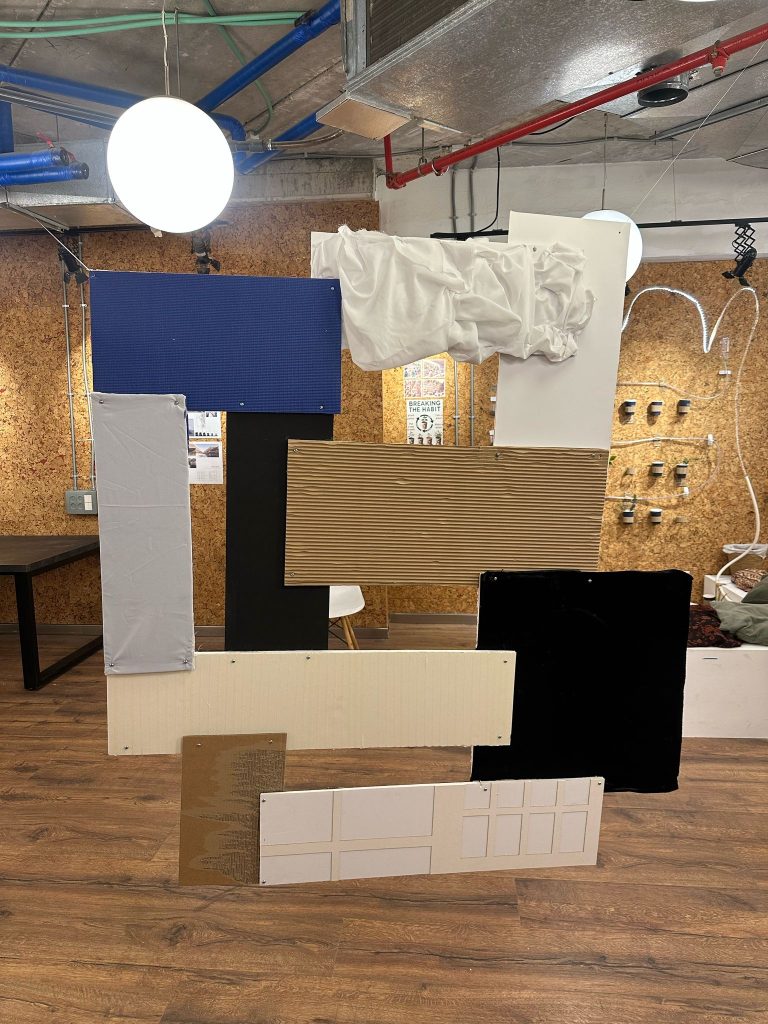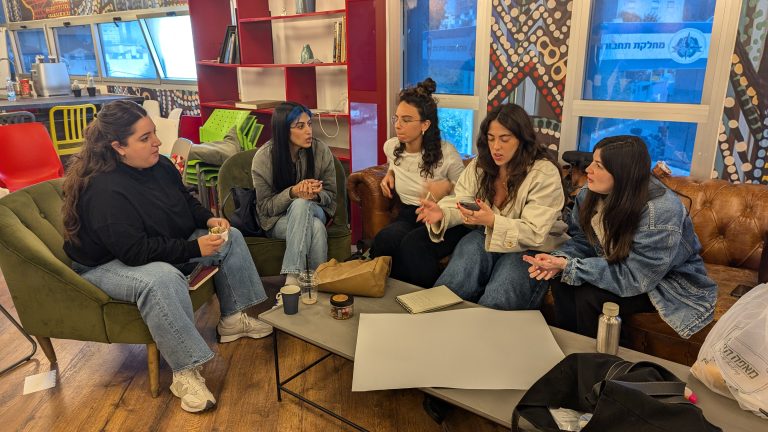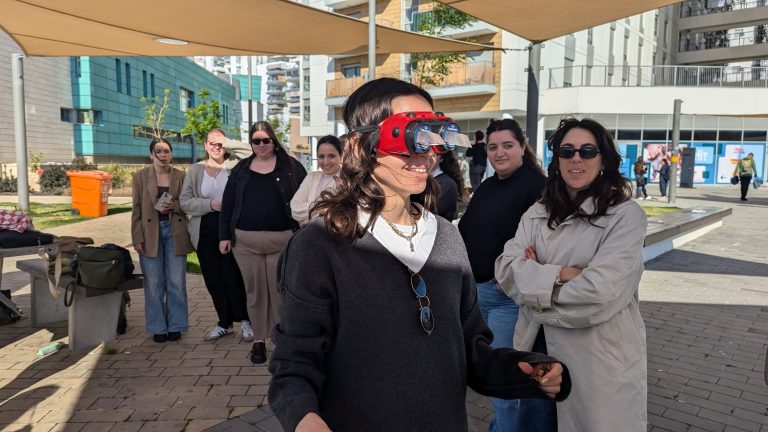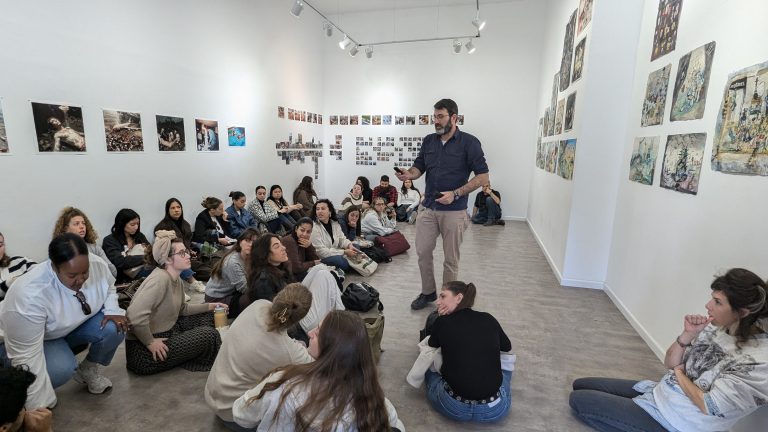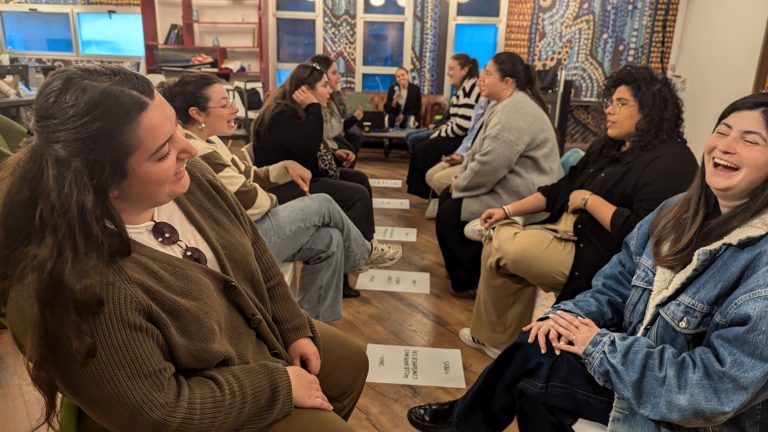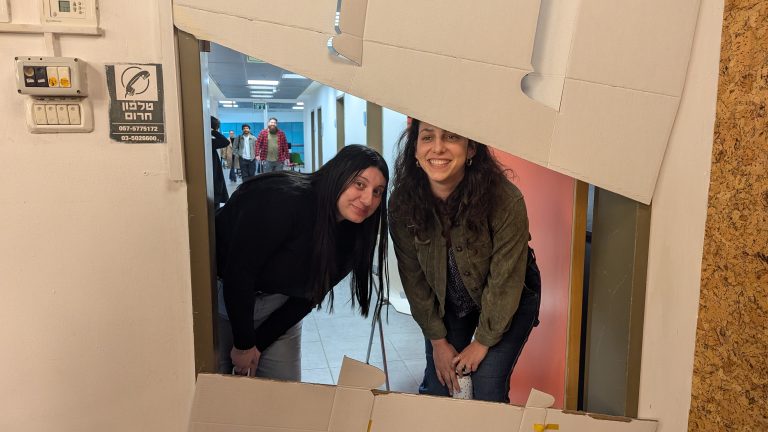Imagine walking into a room filled with cigarette smoke. It stinks, but after a while, you won’t notice it anymore. We get used to dirty air, continuous sound, or changes in temperature up to the point of no longer noticing them. This affects us and our imagination, and in like manner, we may become unconcerned by misconduct, blind to inequality, and more liable to believe in misinformation if it is repeated often enough. A process called habituation is responsible for this. Habituation is the brain’s ability to stop paying attention to certain sensory inputs, behaviors, events, and atmospheres as they continue. It explains why we don’t raise an eyebrow at the fact that most CEOs are white males or why we stop noticing the heat engulfing our planet. Learning how to dishabituate can improve our happiness, imagination, and agency, increase our awareness of misinformation, and help us fight climate change. What objects can be used to learn to dishabituate? What materials can prove to be helpful in increasing awareness of the norms we habituated? Which sensory input needs to be triggered in what way? We will start from habitual spaces, materials, and movements and then create variations in order to test our own dishabituation capacities. Participants will be asked to think of designing objects or spatial settings that can support dishabituation.
Ms. Ruth Anderwald
Ruth Anderwald works with Leonhard Grond as artists, curators, and artist-researchers; 2021-24 as professors for the PhD programme (PhD in Art), University of Applied Arts, Vienna. They have exhibited internationally, e.g., Centre Pompidou, Paris, Himalayas Art Museum, Shanghai, Herzliya Museum and Tate Modern, London, and have curated for Kunsthalle Wien, Whitechapel Gallery London, CCA Tel Aviv, Kunsthaus Graz, U-jazdowski Castle Warsaw,a.o.
They initiated the FWF-PEEK projects Dizziness÷A Resource (2015-17) and Navigating Dizziness Together (2020-24) and the EU-funded artistic research The Arts of Resistance (2024-2025) and ART WORKS! European Culture of Resistance and Liberation (2019-21) with Museion Bolzano, Museum of Contemporary Art Zagreb, wannseeFORUM Foundation, HKW Berlin, Foundation Between Bridges, HBK Braunschweig. Their publications include the edited volume Dizziness—A Resource, Sternberg Press, 2019.
Arch. Tamar Lev On
Interior Design Department, HIT
